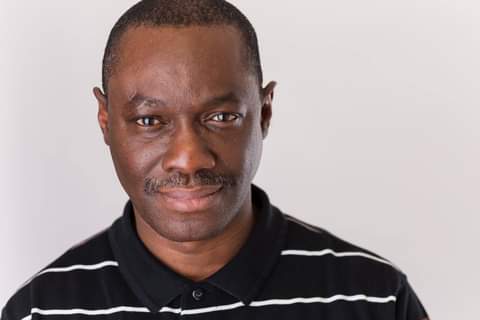Now That We Have A New US President -Babatunde Olugboji
This week, Joe Biden would be inaugurated as the 46th US president. For several weeks, even before the November 3 elections, there have been recriminations, verbal jousting and insults, legal and extra- legal challenges to the votes and the processes leading to it, culminating in the January 6 shocking assault on the capitol in Washington DC by a mob who were fully convinced that the election was stolen from their preferred candidate, Donald Trump.
We have found ourselves in an era where many believers see Christianity almost as a political category defined by partisan ideology not theological concomitants. Thus, many have found it difficult to move on and come to terms with the fact that change is coming to the White House.
Like a church leader said shortly before the elections, ‘…that many parishioners, pundits, and politicians have defined evangelicalism in political terms is fundamentally a problem for catechism and discipleship. Sadly, in markedly polarized times this failure of discipleship leads to a crisis that threatens to divide congregations.’
Wherever we stand on the political divide, as believers, the Gospel should serve as our compass and not partisan ideology or party manifesto; our gospel commitments should not be interpreted through political or partisan lenses. Our primary allegiance is to the Gospel not a political dogma.
We should stand firm on Gospel-centered commitments to the sanctity of life, racial justice and reconciliation, love for our neighbors, including those who don’t look like us; social justice, and always pray that God’s will must be done, even when his will is against our partisan preferences. Remember, God’s thoughts are higher than our thoughts, neither are his ways our ways (Isa. 55:8).
Our kingdom citizenship places us in the position of engaging politics while refusing political partisanship. At all times we should yearn for peace, the kind of peace that is not merely the absence of tension, but the presence of justice. Believers should intensify efforts to work together to address systemic racism and restore trust and honor to the nation’s democratic system and institutions and move towards reconciliation.
Jesus advocated a well-rounded approach to matters of justice when he said: Woe to you, teachers of the law and Pharisees, you hypocrites! You give a tenth of your spices—mint, dill, and cumin. But you have neglected the more important matters of the law—justice, mercy, and faithfulness. You should have practiced the latter, without neglecting the former (Matt. 23:23).
It doesn’t matter if you classify yourself as a Protestant, Catholic, Methodist, Baptist, Evangelical, Episcopal, or nondenominational, going forward, the real struggle should be against the evil of racism and all kinds of systemic injustices in the US and elsewhere.
Our struggle transcends partisan politics; we should be discussing how to ensure that there is justice for the most marginalized (Matt. 25); how to combat oppression and injustice (Lk. 4); and how to ensure that our leaders truly serve, rather than be served (Mk. 10). We should be asking ourselves, what exactly are the Christian values we should be projecting and professing, not just in words, but also in deeds (James 2).
Welcome to the White House, President Joe Biden, and Vice President Kamala Harris. God will give you the wisdom to do things right.
Kingdom Dynamics, a weekly column is written by Dr. Babatunde Olugboji, the President, Kingdom House, a non-profit organization in New Jersey, USA.


